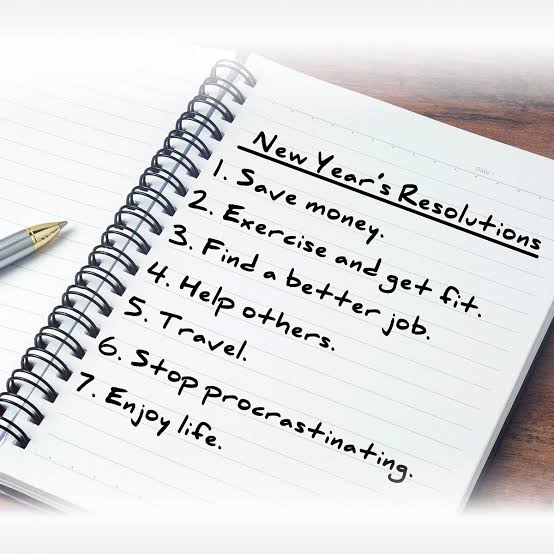Six New Year’s resolutions for better mental health
The past year was a very challenging one for a lot of people. In 2022, some people had to go through some life phases that affected their mental health in one way or the other.
In 2023, here are relatively easy tips you should consider adding to your new year’s resolutions to improve your psychological well-being.
Learn more about mental health
The first thing to do when trying to improve one’s mental health is to understand it. Get exposed to what mental health is about, and get the basic knowledge about it from verified sources.
By doing this, you would be able to understand common mental health issues and their symptoms. Also, it will become easy to identify and respond to symptoms connected to your specific situation.
Practice self-care
Making time for yourself and putting yourself first is hugely beneficial to your psychological health.
Discover the activity that makes you happy and schedule them as part of your routine. Doing just the little things that you enjoy such as having a hot bath, reading a book, journaling, or listening to your favourite music can help improve your mood.
You also need to be kind to yourself and stop beating yourself up over the smallest mistake. Being hard on yourself can harm your level of resilience, self-esteem and mental well-being generally.
Look after your physical health
An improvement in your physical health can benefit your psychological well-being ultimately.
For example, exercising to get fit physically helps your mental health. Exercise boosts endorphins also known as ‘feel-good hormones’ which improve mood and reduce depression.
You should also make conscious decisions about eating healthy and getting enough sleep. A study has shown that sleep is connected to mental health, so to have better well-being try having a good sleep routine.
Take a break from social media
You should try taking a “social media holiday” once in a while to focus on yourself and your well-being.
Some people get more depressed and anxious from social media feeds. They tend to compare their lives to those seen online which further increases their anxiety and stress levels.
Spending too much time on your phone or computer also affects your quality of sleep. So be conscious of how much time you’re spending online and the impact it has on your mental health and make adjustments and take breaks if needed.
Connect with people
Staying indoors and isolating yourself can have a negative impact on your mental health. So make time to go out, connect with people and expand your social circle.
Build meaningful and healthy relationships with people. Having your favorite people around you will definitely help reduce depression and anxiety.
You can also join some social groups if you don’t have existing circles. You can try joining a book club, or sports team or volunteering in an NGO or any interested service.
Change of environment also helps improve the state of mind.
Seek help when needed
This is really important, you should always remember you don’t have to go through all of these alone.
Speak up when you need support — whether to health professionals or a trusted friend. Telling somebody how you feel helps you feel less overwhelmed.
Regardless of gender; speak to someone when the need arises. You are not alone.
























